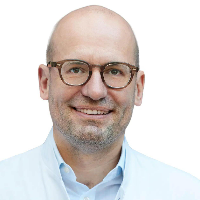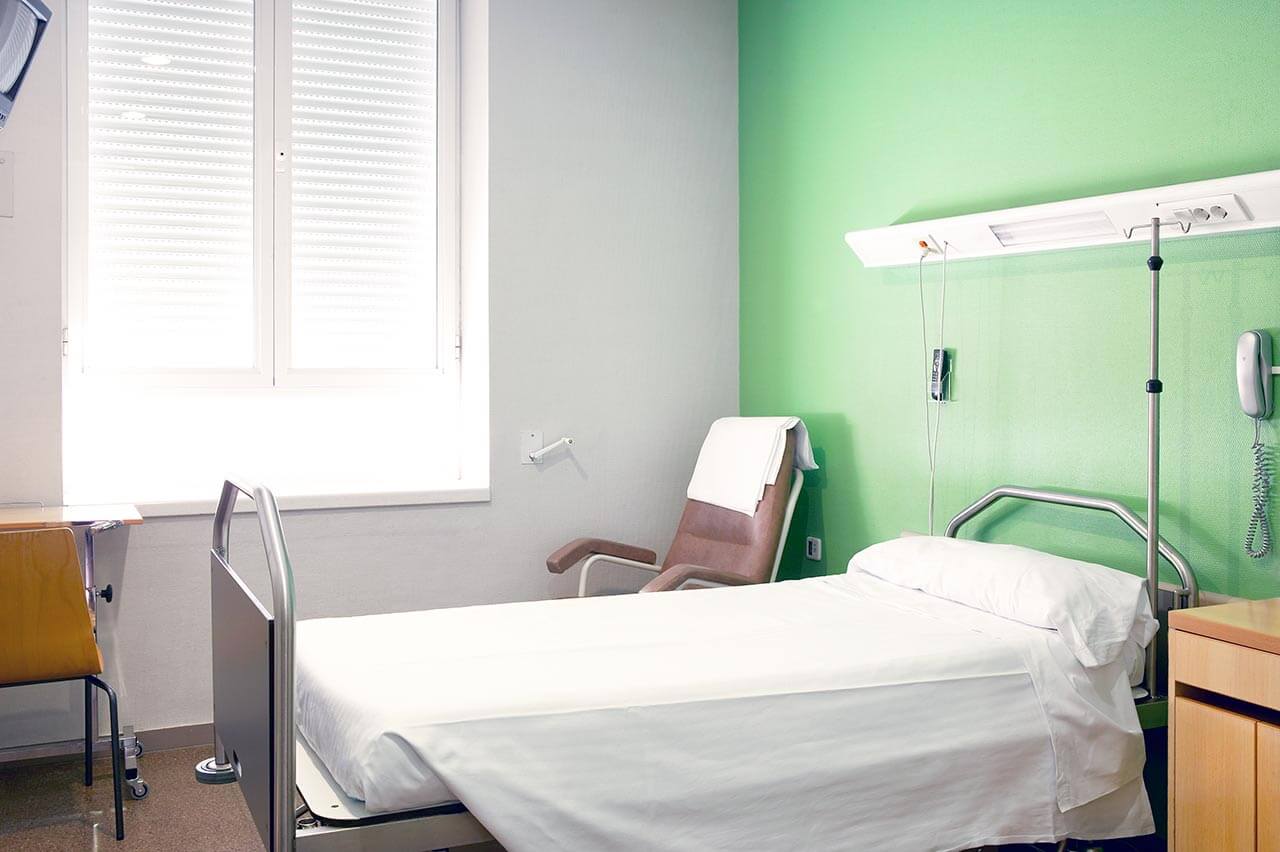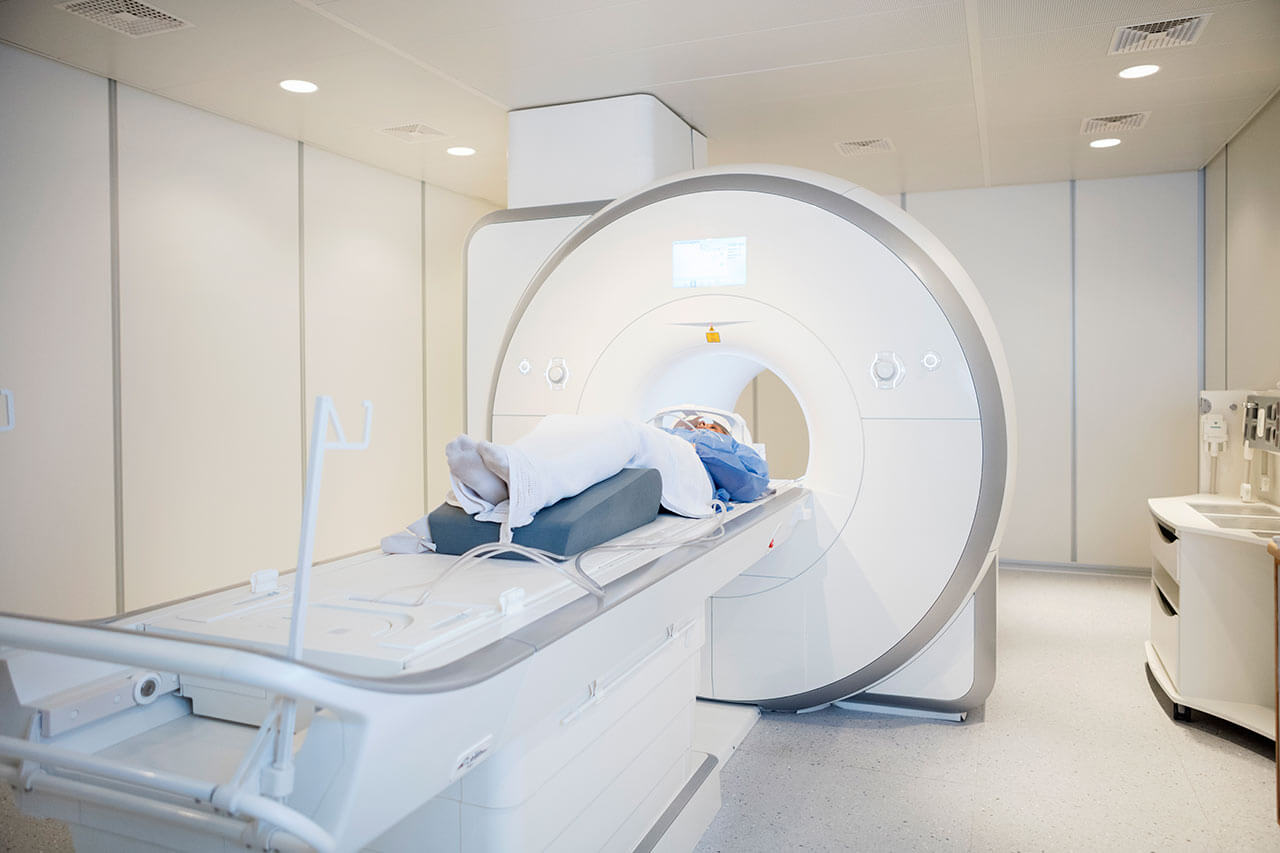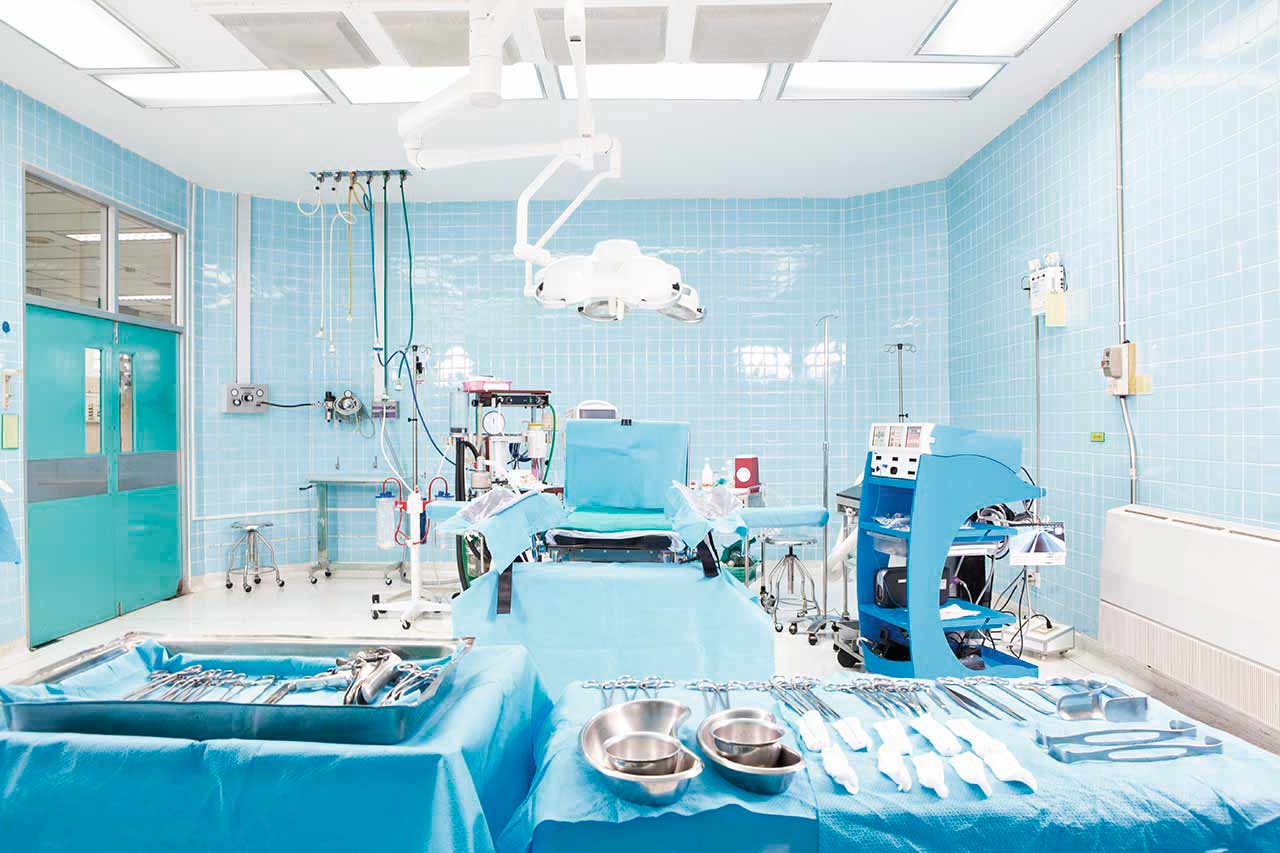
The program includes:
For 2 weeks before birth:
- Initial presentation in the clinic
- clinical history taking
- physical examination
- review of medical records
- laboratory tests:
- complete blood count
- biochemical analysis of blood
- indicators of inflammation (CRP, ESR)
- indicators blood coagulation
- pelvic ultrasound
- gynecological examination:
- transvaginal ultrasound
- colposcopy
- scraping with subsequent analysis
- fetal examination:
- 4 D sonography
- determine fetal position before delivery
- CTG
- nursing services
- observation by chief physician and all leading experts
- maintaining an obstetrician until birth
Day of birth
- gynecological examination
- fetal examination
- childbirth natural
- symptomatic treatment
- control examinations
- the cost of essential medicines and materials
- nursing services
- full hospital accommodation
- explanation of future recommendations
After birth
- maintaining an obstetrician after birth
- examination during the postnatal period (during the first three weeks)
- control gynecological examinations during the postnatal period
- the first pediatric examination of the newborn
Required documents
- Medical records, obstetric history
Service
You may also book:
 BookingHealth Price from:
BookingHealth Price from:
About the department
The Department of Obstetrics, Adult and Pediatric Gynecology at the University Hospital of Ludwig Maximilian University of Munich offers the full range of preventive, diagnostic, and therapeutic services for girls and women. The department treats general gynecologic diseases, precancerous conditions, and cancers of the female reproductive system. It also provides medical care to patients with hormonal disorders caused by gynecologic diseases and infertility. The medical facility also offers top-class obstetric services for pregnancy, childbirth, and postpartum care. In addition, the department's gynecologists admit girls and young women with gynecologic problems and puberty disorders. The medical team specializes in conservative and surgical treatment, while almost all surgical procedures are performed using minimally invasive techniques. The department is awarded quality certificates for the treatment of endometriosis, cervical dysplasia, ovarian cancer, and other pathologies. More and more women entrust their health to the department's gynecologists every year, which also indicates the highest level of medical service.
The Head Physician of the department is Prof. Dr. med. Sven Mahner. The doctor enjoys a reputation as one of the best specialists in gynecology and obstetrics at the international level. He can boast of almost 20 years of successful clinical practice with impressive results. Prof. Mahner is the winner of many prestigious awards, including those from the European Society of Surgical Oncology and the American Society of Clinical Oncology. The doctor also conducts an active research activity, reflected in more than 300 publications in national and international journals.
The specialists in general gynecology admit patients with infectious lesions of the reproductive system, uterine fibroids, polyps, condylomas, ovarian cysts, gynecologic bleeding, irregular periods, and other pathologies. Depending on the severity of the detected pathology, a patient may receive drug treatment or undergo invasive procedures. For example, in the case of uterine fibroids, a woman may be indicated for drug therapy with hormones, birth control pills, etc. However, such a treatment is not always effective enough, so patients may require interventional procedures or a full-fledged operation such as uterine artery embolization, focused ultrasound therapy, uterine fibroid enucleation, and a hysterectomy. The optimal type of therapy is determined individually based on a particular clinical case.
Cancer diagnosis is a common thing in the department's clinical practice, so doctors have many effective methods to treat uterine, cervical, ovarian, vulvar, and vaginal cancers. A treatment regimen is developed for each patient individually at regular interdisciplinary tumor boards. As a rule, the treatment consists of surgical resection of the tumor or removal of the affected organ and adjacent anatomical structures (in advanced stages). The operation can often be performed with laparoscopic techniques without extensive skin and soft tissue incisions. In some cases, a transvaginal approach may be used. Uterine and cervical cancers can be treated with a robot-assisted intervention using the da Vinci surgical system. Such surgical procedures are characterized by minimal trauma rates and high efficiency. In addition, patients quickly recover and practically do not experience any pain in the postoperative period. When treating cancers in young women, the department's gynecologists do their best to preserve the reproductive function and give a woman the opportunity to become a mother in the future. The surgical intervention is usually supplemented with conservative treatments such as chemotherapy, radiation therapy, hormone therapy, etc. In addition, all patients are provided with qualified psychological care.
The department also admits girls and women with various gynecologic diseases and disorders. Here one can get a consultation and the necessary medical care for abnormalities in the development of the female reproductive system and mammary glands, infections of the reproductive system, tumors and cysts, vaginal bleeding before the onset of puberty, puberty disorders, irregular periods in girls, etc. Depending on the complexity of the clinical case, conservative therapy or surgical intervention may be the option of choice.
In the field of obstetrics, the department offers comprehensive medical care for pregnant women and young mothers. Doctors have rich and successful experience in managing high-risk pregnancies. The department is the Level I Perinatal Center, which indicates the highest quality of obstetric services and maximum safety for a mother and a child. More than 2,400 babies are born in the department every year. All delivery rooms are equipped with a special delivery bed and assistive devices such as balls, mats, wall bars, hanging ropes, etc. There is a special room for bath delivery. Thus, a patient receives all the possibilities for childbirth in any position convenient for her. Pain management is also of great importance. The most popular methods of pain management include homeopathy, acupuncture, and epidural anesthesia.
The department's range of medical services includes the following:
| Diagnostics and treatment of common gynecologic diseases |
|
| Diagnostics and treatment of malignant gynecologic diseases |
|
| Diagnostics and treatment of urogynecologic diseases |
|
| Diagnostics and treatment of gynecologic disorders in girls and young women |
|
| Obstetric services |
|
Diagnostics and treatment of other diseases of the reproductive system in women |
Curriculum vitae
Professional Career
- Since 09.2015 Head of the Department of Obstetrics, Adult and Pediatric Gynecology, University Hospital of Ludwig Maximilian University of Munich.
- 2015 Acting Head of the Department of Gynecology, University Hospital Hamburg-Eppendorf.
- 2012 - 2015 Managing Senior Physician of the Department of Gynecology at the University Hospital Hamburg-Eppendorf.
- 2009 - 2012 Senior Physician of the Department of Gynecology at the University Hospital Hamburg-Eppendorf.
- 2008 Board certification in Gynecology and Obstetrics.
- 2003 - 2008 Advanced training in Gynecology and Obstetrics, University Hospital Hamburg-Eppendorf.
Higher Education and Postgraduate Training
- 2003 State examination and admission to medical practice, Heidelberg University.
- Clinical training abroad: Harvard Medical School (Boston, USA), Icahn School of Medicine at Mount Sinai (New York, USA), University of Zurich (Switzerland), and University of Manitoba (Winnipeg, Canada).
- Habilitation. Subject: "Prognostic factors associated with surgical treatment and biological properties of the tumor in ovarian cancer."
- Thesis defense. Subject: "Expression and localization of proteins with multiple drug resistance 2 and 3 in the intestines (rat testing)", Department of Internal Medicine IV, Heidelberg University, note: excellent.
Publications
- 100 publications in international peer-reviewed journals.
- 200 published national and international congress reports.
- 20 articles in books.
Awards and Scholarships
- 2012 Staude Pfannenstiel Award from the North-German Society of Obstetrics and Gynecology.
- 2010 Niall O'Higgins Award from the European Society of Surgical Oncology.
- 2009 Georg Ernst Konjetzny Award from the Hamburg Cancer Society.
- 2009 American Society of Clinical Oncology (ASCO) Merit Award.
- 2009 Translational Research Award, Association of Society of Gynecologic Oncology.
- 2006 Award from the North-German Society of Obstetrics and Gynecology.
- 2001 Scholarship from the German Academic Exchange Service.
- 2001 Carl Duisberg Scholarship.
- 2001 Scholarship from the International Academy of Life Sciences.
Memberships in Professional Societies
- American Society of Clinical Oncology (ASCO).
- Working Group on Gynecologic Oncology (AGO).
- Working Group on Cervical and Colposcopy Pathology (AG CPC).
- Bavarian Society for Obstetrics and Gynecology (BGGF).
- German Society for Gynecology and Obstetrics (DGGG).
- German Cancer Society (DKG).
- European Society of Gynecologic Oncology (ESGO).
- Obstetrics Society of the Hamburg Working Group on Gynecologic Oncology.
- International Academy of Life Sciences (IALS)
- International Gynecologic Cancer Society (IGCS)
- North-German Society of Obstetrics and Gynecology (NGGG)
- Northeast German Society of Obstetrics and Gynecology (NOGGO).
- Commission for Ovarian Diseases of the Gynecologic Oncologist Working Group (AGO-OVAR).
- Head of the Gynecologic Oncology Research Group (AGO-SLG).
Review Activities
- Acta Obstetrica et Gynecologica Scandinavica.
- Annals of Oncology.
- Archives of Gynecology and Obstetrics.
- Biomarkers.
- BMC Cancer.
- Breast Cancer Research and Treatment.
- British Journal of Cancer.
- Cancer Management and Research.
- Cancer Research UK.
- Cancer Treatment Reviews.
- Drugs.
- European Journal of Cancer.
- European Journal of Cancer Care.
- European Journal of Nuclear Medicine.
- Journal of Obstetrics & Gynecology and Reproductive Biology.
- European Journal of Surgical Oncology.
- Guy’s and St. Thomas’ Charity.
- Gynecologic Oncology.
- International Journal of Gynecological Cancer.
- International Journal of Gynecology and Obstetrics.
- Oncogene.
- Oncology.
- OncoTargets and Therapy.
- The Lancet.
- The Lancet Oncology.
Photo of the doctor: (c) LMU Klinikum
About hospital
According to the Focus magazine, the University Hospital of Ludwig Maximilian University of Munich is regularly ranked among the best medical institutions in Germany!
The hospital is the largest multidisciplinary medical facility, as well as a leading research and training center in Germany and Europe. The hospital is proud of its bicentenary history and tirelessly confirms its primacy at the national and international levels. The outstanding quality of medical care is complemented by highly productive research activities, thanks to which many effective diagnostic and therapeutic methods, saving people’s lives, have been presented in medical practice.
The medical facility includes two main buildings, Grosshadern and Innenstadt. The hospital has 29 specialized departments, 53 interdisciplinary centers, 11 institutes, and many sections. More than 500,000 patients are treated here every year, which indicates the hospital's excellent reputation. A large and highly professional medical team, consisting of 1,800 doctors and 3,300 nursing staff, works for the benefit of patients. The hospital has 2,000 beds to accommodate patients.
The hospital's infrastructure deserves special attention: advanced diagnostic equipment that allows doctors to detect the slightest pathological changes in the human body, the latest operating rooms with highly efficient monitoring systems, robot-assisted surgical systems that facilitate sparing operations, and proper postoperative care.
Excellent technical resources and highly professional medical staff are undoubtedly the hospital's pride, but the medical facility also pays attention to the patient's comfort and to a humane attitude toward their life situation. When providing the necessary medical care, doctors and nursing staff always show a friendly attitude, inform patients in detail about the upcoming diagnostic and therapeutic procedures, gladly answer all questions of interest to patients, and provide moral support during the therapeutic process.
The hospital has many prestigious quality certificates, including a DIN EN ISO 9001 certificate, an IQM certificate, an endoCert certificate, certificates from the German Cancer Society (DKG) for treating various types of cancer, the German Cardiac Society (DGK), the German Society for Orthopedics and Trauma Surgery (DGOU), etc. Thus, patients can count on the best possible treatment outcome due to the use of the most effective and, at the same time, sparing therapeutic techniques.
Photo: (с) depositphotos
Accommodation in hospital
Patients rooms
The patients of the University Hospital of Ludwig Maximilian University of Munich live in comfortable, spacious, single and double patient rooms with a modern design. Each room is equipped with an ensuite bathroom with a shower and toilet. The furnishing of a standard patient room includes a comfortable bed, the position of which can be adjusted using the remote control, a locker for storing personal belongings, a TV, and a telephone. Also, if desired, you can connect to the Internet. In addition, patients can opt for enhanced-comfort rooms, with a safe, a fridge, and upholstered furniture.
The hospital has an excellent infrastructure. The medical facility’s area houses a bank, ATMs, a hairdresser, shops with a wide range of food, drinks, newspapers, magazines, and personal hygiene items, play areas for children, and a beautiful garden for walking, etc.
Meals and Menus
The patient and his accompanying person are offered a daily choice of three menus, including a vegetarian one. If you are on a specific diet for any reason, you will be offered an individual menu. Please inform the medical staff about your dietary preferences prior to the treatment.
Further details
Standard rooms include:
Religion
Religious services are available upon request.
Accompanying person
Your accompanying person may stay with you in your room or at a hotel of your choice during the fixed program.
Hotel
You may stay at a hotel of your choice during an outpatient program. Our managers will help you to choose the best option.
The hospital offers a full range of laboratory tests (general, hormonal, tests for infections, antibodies, tumor markers, etc.), genetic tests, various modifications of ultrasound scans, CT scans, MRI and PET/CT, angiography, myelography, biopsies, and other examinations. Treatment with medications, endoscopic and robotic operations, and stereotaxic interventions are carried out here, modern types of radiation therapy are also used. The hospital offers patients all the necessary therapeutic techniques.
- Allogeneic bone marrow transplantation
- Microsurgical transplantation of head and neck tissues
- Microsurgical resection of brain tumors with intraoperative fluorescence
- Minimally invasive treatment of spine pathologies
- Joint replacement with postoperative rehabilitation (fast track program)
Patients with benign and malignant neoplasms of various localizations, pathologies of arteries and veins, herniated discs, osteoporosis, congenital and acquired pathologies of the musculoskeletal system, benign and malignant pathologies of the mammary gland, and other pathologies.
Which specialties of the University Hospital of Ludwig Maximilian University of Munich are the best?
- Interventional and diagnostic neuroradiology
- Vascular surgery
- Cardiac surgery
- Mammalogy
- Gastroenterology and hepatology
Over 1,700 highly qualified doctors work at the hospital.





